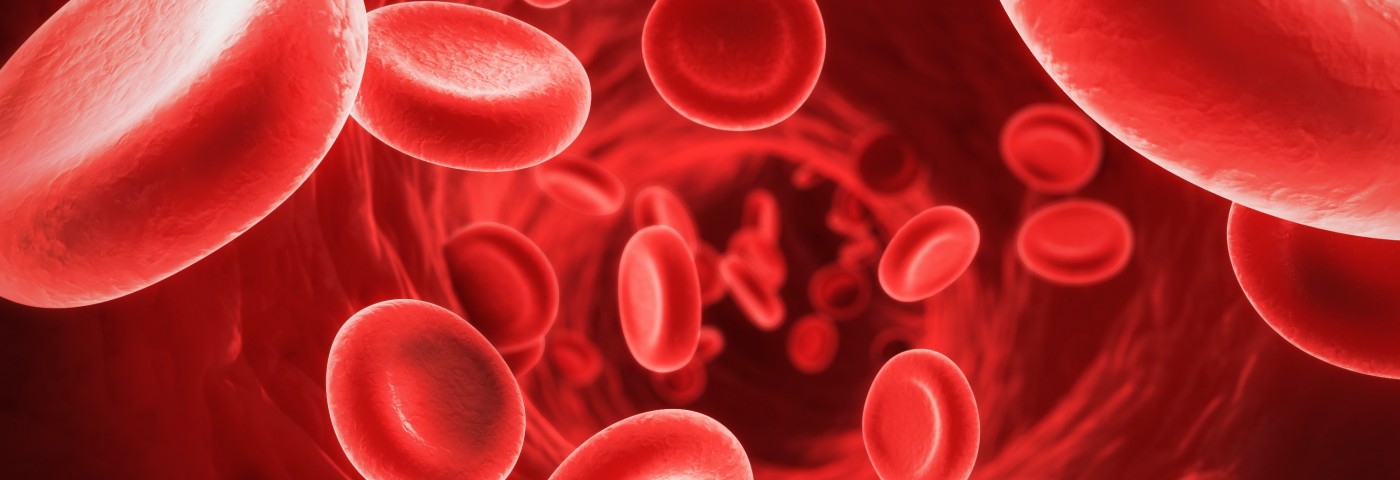Researchers have identified a key molecule and pathway essential to the maintenance of hematopoietic stem cells that give rise to all blood cell types, a discovery that can help to clarify underlying causes of blood disorders such as lymphoma. The research paper, titled “CLEC-2 in megakaryocytes is critical for maintenance of hematopoietic stem cells in the bone marrow,” was published in The Journal of Experimental Medicine.
Hematopoietic stem cells’ (HSCs) maintenance, proliferation, and differentiation is dependent on the bone marrow (BM) niche, the place where these cells reside in different maturity states. BM niche cells are responsible for the production of thrombopoietin (Thpo), a cytokine that is essential to the activity and proper function of HSCs. Therefore, the healthy maintenance of BM niches is a determinant for HSCs and blood cell regeneration. However, the cellular source of Thpo and the specific molecular pathways for its regulation has not been clearly understood.
Researchers demonstrated that the membrane protein C-type lectin-like receptor-2 (CLEC-2) mediates the activity of the BM niche and the production of Thpo. Using mouse models, the scientists observed that deletion of CLEC-2 led to a lower production of Thpo and downregulation of CLEC-2-related signaling molecules. Such irregularities in the BM niche and HSC maintenance led to the abnormal blood cell production and activity.
The team speculates these results may also help clarify the mechanisms and progression of blood diseases such as lymphoma and leukemia, since it is known that leukemia blood cells take over healthy BM niches and rely on its signals to survive and proliferate, leading to disease progression. Moreover, the study may advance knowledge of bone marrow transplants, as a successful prognosis is largely dependent on the health and amount of donor HSCs.
“We are hopeful that our findings from this study will contribute towards a better understanding of the underlying causes of the development and progression of hematopoietic diseases such as leukaemia and lymphoma, and ultimately, to the advancement of treatment for such diseases,” Professor Toshio Suda, the study’s senior principal investigator from the Cancer Science Institute of Singapore, at the National University of Singapore, said in a university news release.


